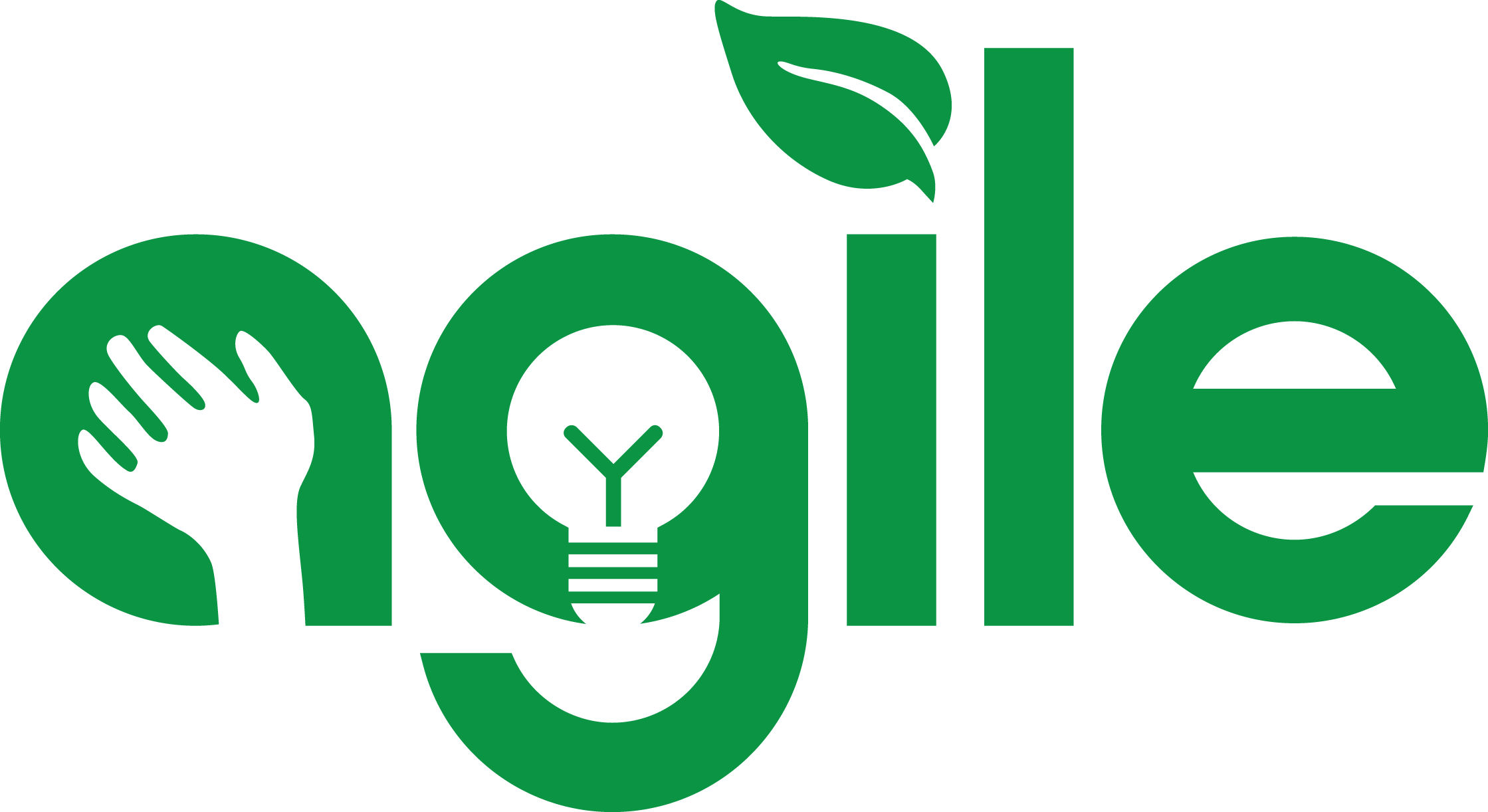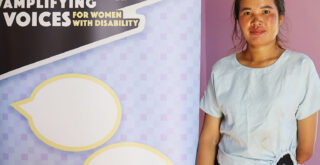The Inclusive Design and Accessibility (IDA) Project aims to address barriers to accessible and appropriate community infrastructure and services for people with disabilities in Cambodia, a core issue hindering the commitment of the Cambodia Government to build an inclusive society. The first phase of this project (formerly Assistive Technologies and Livelihoods (ATL) Project) focused on facilitating collaboration and knowledge sharing between the disability and water, sanitation and hygiene sectors to increase access to simple yet inclusive sanitation facilities. Community design workshops achieved innovation in appropriate sanitation solutions, and the project developed and piloted seven assistive device prototypes with project partners, including Banteay Prieb vocational training centre for people with disabilities. It has been evident that by facilitating participation of people with disabilities in assistive device design, we reinforced their role as change agents, and acknowledge them as experts on disability. The resulting products and solutions are therefore more appropriate and marketable, as they have been designed by those who use them. A core learning of the past 18 months has been that in order to improve the effectiveness of this project (scale and depth of impact), we need to focus on partnering with organisations with commitment and capacity to achieve project objectives across multiple facets of the project cycle.
During the next phase of this project (2016-17), Engineers without Borders (EWB) will partner with Agile Development Group (Agile), a specialist in design thinking, social enterprise and international development, and collaborate with other leading disability and inclusive design organisations and local community members to develop and scale accessible designs in the built environment and assistive devices for the Cambodian community
Click here to download English version



